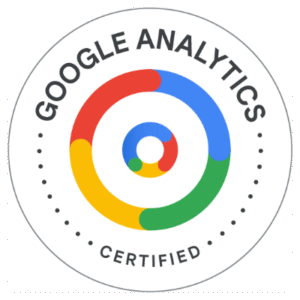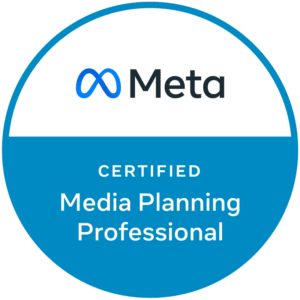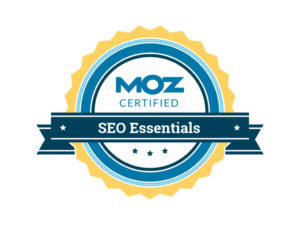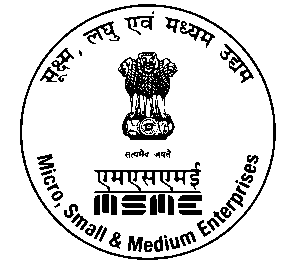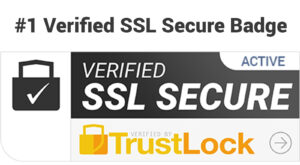In the dynamic world of web development, choosing the right framework is crucial for building robust and efficient websites. PHP, a server-side scripting language, has been a cornerstone in web development for decades. To streamline the development process and enhance code organization, PHP frameworks have emerged as powerful tools. In this article, we will explore some of the top PHP frameworks that can significantly contribute to efficient website development.
1. Laravel:
Laravel stands out as one of the most popular and widely used PHP frameworks. Known for its elegant syntax and expressive features, Laravel simplifies complex tasks and promotes best practices in web development. With an active community and extensive documentation, developers can quickly build scalable and maintainable applications.
Key features of Laravel include an ORM (Object-Relational Mapping) called Eloquent, a powerful templating engine called Blade, and a modular packaging system. Laravel also comes with built-in support for user authentication, caching, and task scheduling, making it an excellent choice for developers aiming to create modern and feature-rich websites.
2. Symfony:
Symfony is a robust PHP framework that focuses on flexibility and scalability. Known for its components and libraries, Symfony allows developers to pick and choose the elements they need for a particular project, making it highly adaptable to diverse requirements. Symfony’s modular architecture and reusable components enable developers to create high-performance websites with ease.
Symfony also boasts a vibrant community and a dedicated ecosystem of bundles that extend its functionality. With its emphasis on code quality and maintainability, Symfony is a preferred choice for large-scale enterprise applications.
3. CodeIgniter:
CodeIgniter is a lightweight and straightforward PHP framework designed for developers who prefer a simple and efficient toolkit. With a small footprint, CodeIgniter is easy to install and requires minimal configuration, making it an excellent choice for beginners and those who prioritize performance.
Despite its simplicity, CodeIgniter offers essential features like an MVC (Model-View-Controller) architecture, database abstraction, and form validation. It’s a solid option for projects where a full-stack framework might be overkill, providing a quick and efficient solution for building small to medium-sized applications.
4. Yii:
Yii (pronounced “Yee”) is a high-performance PHP framework that excels in building modern web applications. Yii’s key strengths lie in its speed, security, and extensibility. With a clean and pragmatic codebase, Yii simplifies common tasks, allowing developers to focus on building feature-rich applications.
Yii features a powerful caching system, an ActiveRecord implementation, and a modular architecture that promotes code organization. It is suitable for a wide range of projects, from content management systems to e-commerce websites. Yii’s robust security features make it a popular choice for applications where data protection is a top priority.
5. Phalcon:
Phalcon is a unique PHP framework that differentiates itself by being a C-extension. This means that Phalcon is written in C and delivered as a compiled extension, resulting in exceptional performance and low resource consumption. With its innovative architecture, Phalcon provides developers with a full-stack framework that’s both fast and efficient.
Phalcon offers features like an ORM, caching, and a universal autoloader. Being well-suited for high-performance applications, Phalcon is an ideal choice for projects that demand speed and responsiveness.
In addition to the prominent PHP frameworks mentioned earlier, the evolving landscape of web development has given rise to continuous improvements and the emergence of new tools. Exploring some additional frameworks can provide developers with even more options tailored to specific project requirements.
6. Slim:
Slim is a micro-framework that emphasizes simplicity and minimalism. Ideal for building small to medium-sized RESTful APIs and web applications, Slim provides essential features such as routing, middleware support, and dependency injection. Its lightweight nature makes it easy to integrate with other components and libraries, giving developers flexibility and control over their projects.
7. Laminas:
Formerly known as Zend Framework, Laminas is a robust and enterprise-ready PHP framework. Laminas offers a collection of individual components that can be used independently or combined to build scalable and secure applications. With a focus on flexibility and maintainability, Laminas is well-suited for complex projects where modular development is essential.
8. CakePHP:
CakePHP is a mature and fully-featured PHP framework that follows the convention over configuration (CoC) and the model-view-controller (MVC) architectural pattern. It simplifies common tasks and promotes code reusability through its powerful scaffolding system. CakePHP is an excellent choice for developers who value convention, enabling them to build applications quickly without sacrificing flexibility.
9. Flight:
Flight is another micro-framework designed for simplicity and ease of use. With a small codebase and minimal configuration, Flight is suitable for small projects and rapid prototyping. It provides essential features like routing, templating, and RESTful support, making it a viable option for developers who prefer a lightweight framework with a straightforward approach.
10. Aura:
Aura is a collection of independent, high-quality PHP libraries that can be used individually or combined to build custom frameworks. Developers can choose the components they need, offering a high level of flexibility and control over their application’s architecture. Aura is well-suited for projects where a modular, decoupled approach is preferred.
Conclusion:
Selecting the right PHP framework is a critical decision that significantly influences the efficiency and success of a web development project. The frameworks mentioned above – Laravel, Symfony, CodeIgniter, Yii, and Phalcon – cater to different needs and preferences, offering developers a range of options based on project requirements.
Ultimately, the choice depends on factors such as project size, complexity, scalability, and personal coding style. Laravel and Symfony are excellent choices for large-scale applications, while CodeIgniter and Yii offer simplicity and speed for smaller projects. Phalcon, with its unique C-extension approach, is a standout option for those seeking top-notch performance.
Regardless of the chosen framework, staying informed about the latest updates, best practices, and community support is essential. With the right PHP framework in hand, developers can streamline their workflow, enhance code quality, and deliver efficient, feature-rich websites to meet the demands of today’s dynamic digital landscape.






